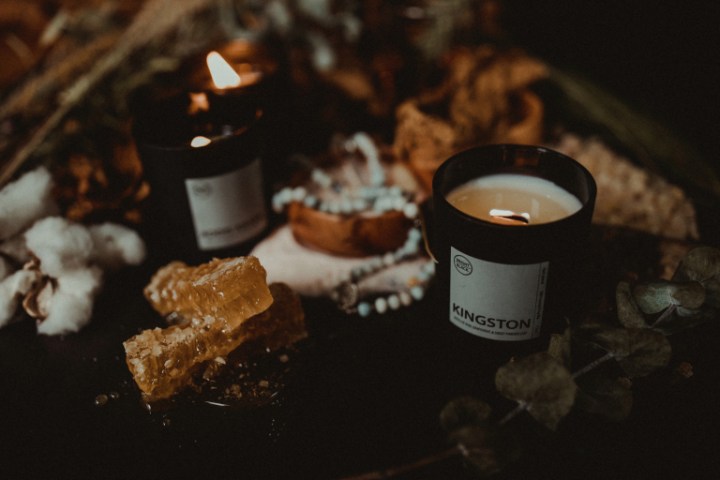
Has 2020’s spike in support for Black-owned business carried through to the holidays?
Has 2020’s spike in support for Black-owned business carried through to the holidays?

At the height of the Black Lives Matter protests that followed the killing of George Floyd in May of this year, there was a big push on social media for consumers to support Black-owned businesses.
Many of them reported a big spike in sales around that time; early June was a crazy time for Tiffany Griffin, co-owner of candle company Bright Black. Hers was among the businesses features on a list that went viral online.
“We started seeing this exponential increase in sales,” she told Marketplace. At the time, Griffin thought it was a fad — that business would drop off again after a few days, or weeks. But it didn’t.
After that initial spike, the company was featured on Beyoncé’s list of Black-owned businesses to support. Then there was a collaboration with HBO, another with Michelle Obama.
Bright Black, however, may have had an exceptional experience.
Samara Walker, the owner of Auda B., a beauty company that sells vegan nail lacquer and soy polish remover, also watched a surge in sales at the height of the Black Lives Matter protests.
“It didn’t maintain,” Walker said. “So it spiked up for, like, maybe two to three months, it was like a strong uptick, and then it kind of slowly fell off. We did have some uptick for the holiday…”
But nothing like during the spring and summer, she added. There’s no data yet on Black-owned businesses’ sales figures in 2020. According to Jade Magnus Ogunnaike of the racial justice nonprofit Color of Change, the pandemic has been hard on most of them.
“Black businesses were much less likely to get aid, much less likely to have their applications for PPP looked at and assessed in a reasonable period of time, and overall struggled the most,” she said.
Between February and April, more than 40% of Black-owned businesses closed, at least temporarily, compared to fewer than 20% percent of white-owned businesses, according to Robert Fairlie, a professor of economics at the University of California Santa Cruz. Since then, though, Black-owned businesses have bounced back.
“At this point in time … the number of active business owners who are Black has actually recovered to the full February level,” Fairlie said, adding that doesn’t necessarily mean they’re making money.
Tiffany Griffin says her candle company is not very profitable right now, despite the increase in demand over the last six months.
“We’re in that precarious state of business where you need money to make money,” she said. Even so, she’s feeling optimistic going into 2021 — especially when she reads the supportive notes on customers’ holiday orders.
There’s a lot happening in the world. Through it all, Marketplace is here for you.
You rely on Marketplace to break down the world’s events and tell you how it affects you in a fact-based, approachable way. We rely on your financial support to keep making that possible.
Your donation today powers the independent journalism that you rely on. For just $5/month, you can help sustain Marketplace so we can keep reporting on the things that matter to you.

















